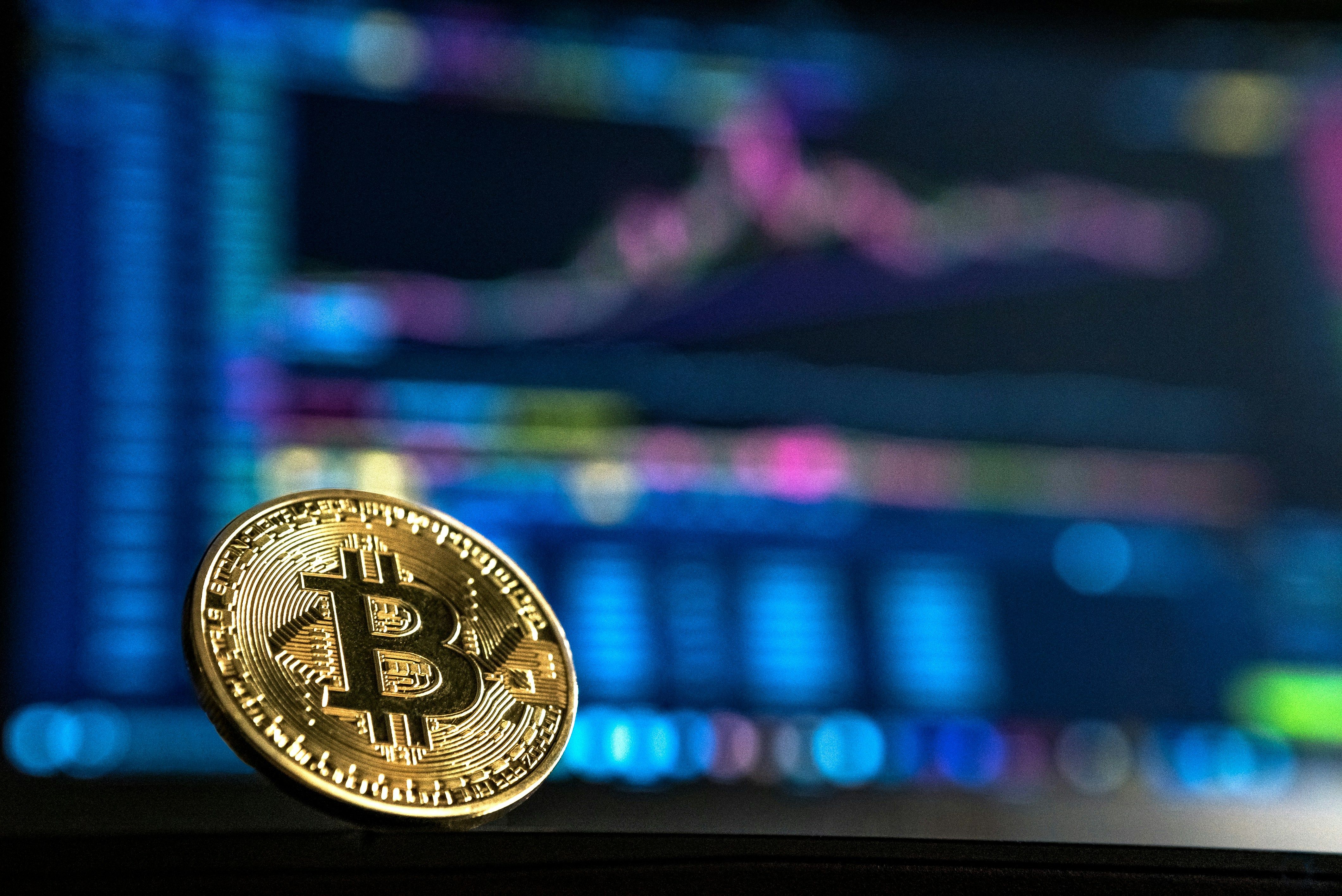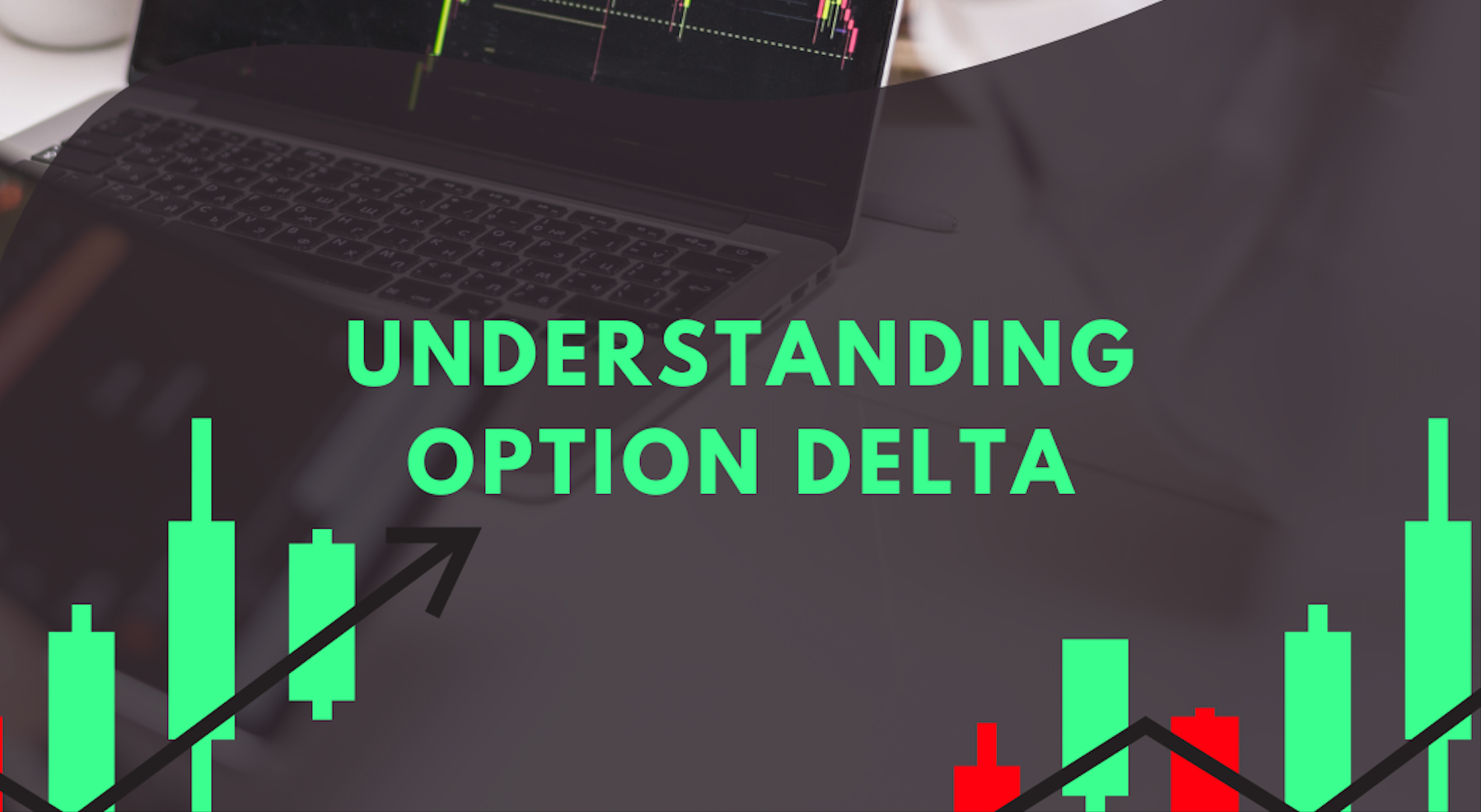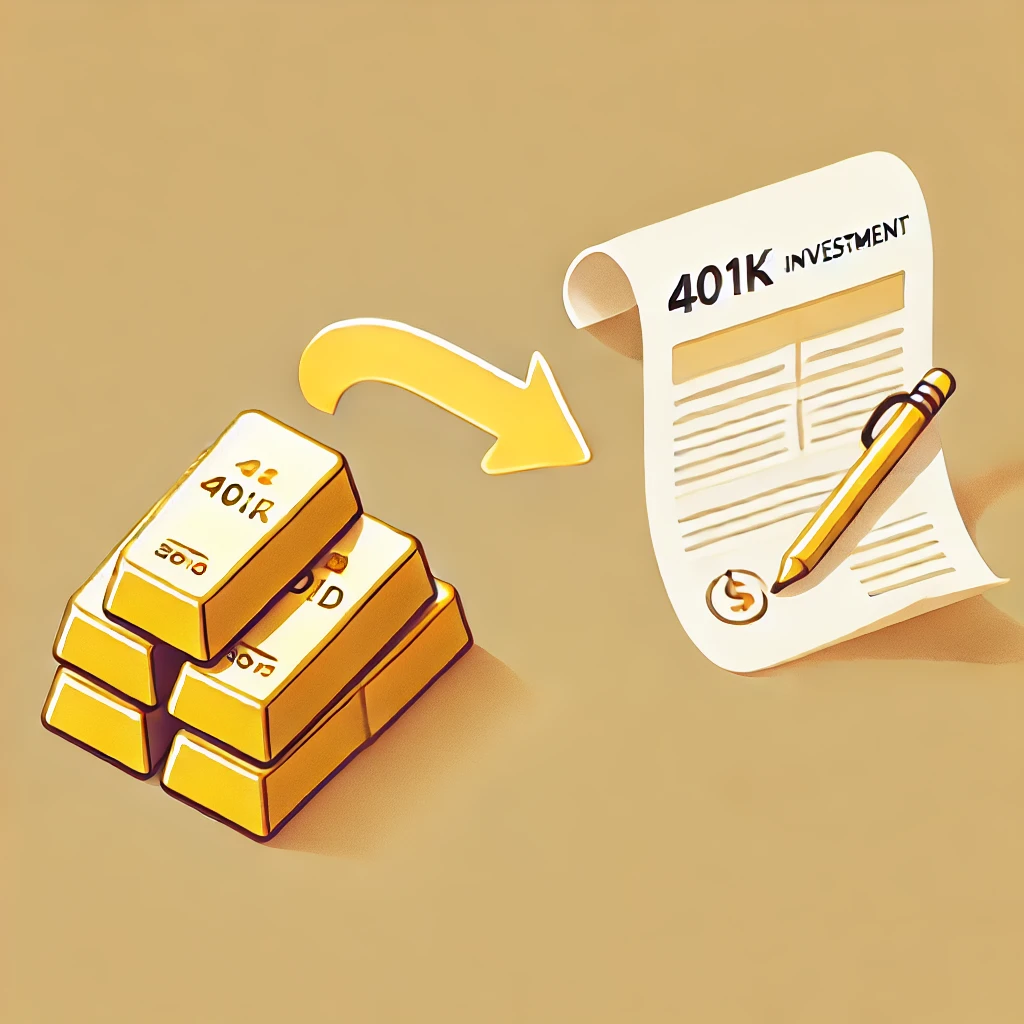How to buy Bitcoin without fees: A Complete Guide [2024]
Navigating the world of Bitcoin purchases can be challenging, especially with various fees involved. This guide explains how to buy Bitcoin without incurring extra costs by understanding different fee structures, researching exchanges, using peer-to-peer and decentralized exchanges, and leveraging alternative payment methods like gift cards and bank transfers. Maximize your Bitcoin investment by following these cost-saving strategies.
Abhinil Kumar
Author

Imagine you’ve heard about Bitcoin from a friend, read about its potential on various financial websites, and finally decided to dive into the world of cryptocurrency. You’re excited to make your first purchase, but then you realize there are various fees associated with buying Bitcoin. These fees can quickly add up and significantly impact the overall cost of your investment. What if there was a way to buy Bitcoin without those pesky fees? This guide aims to walk you through the best methods to acquire Bitcoin without incurring extra costs, helping you make the most of your investment.
Understanding the fees and premiums involved in buying bitcoin is essential for several reasons. Firstly, these costs can vary significantly depending on the platform and method of purchase. Some platforms may charge higher fees than others, while certain methods, such as using credit cards, can incur additional transaction fees. By researching and comparing fees, individuals can find the most cost-effective option for acquiring bitcoin.
Moreover, premiums can play a role in the purchase of bitcoin. Premiums reflect the difference between the actual market price of bitcoin and the price offered by the seller. Premiums can occur in situations where demand for bitcoin exceeds supply, and sellers take advantage of this by charging higher prices. Understanding and comparing premiums can help individuals ensure that they are not overpaying for their bitcoin.
However, it is not just fees and premiums that individuals need to be conscious of when buying bitcoin. Equally important is ensuring that the purchase is made from a trustworthy and reputable source. With the rising popularity of bitcoin, scammers and fraudulent sellers have also emerged. To avoid falling victim to scams, it is crucial to thoroughly research and choose a reputable platform or seller.
Why Avoiding Fees is Crucial
Fees can quickly erode the value of your Bitcoin investment. Understanding and avoiding these fees is essential to maximizing your returns. Every percentage point saved on fees is more Bitcoin in your wallet, contributing to your overall investment growth. This section will delve into why avoiding fees matters and the types of fees you might encounter when purchasing Bitcoin.
Understanding Bitcoin Fees
When purchasing Bitcoin, it’s essential to understand the various types of fees you may encounter. These fees can significantly impact the overall cost of your transactions. Here are the main types of fees associated with buying Bitcoin:
-
Deposit and Withdrawal Fees:
- Deposit fees are charges applied when transferring funds into your exchange account from an external source, such as a bank account or another cryptocurrency wallet. These fees can be a fixed amount or a percentage of the deposited sum.
- Withdrawal fees apply when transferring funds out of your exchange account. These fees can be higher than deposit fees and vary depending on the withdrawal method. For instance, withdrawing Bitcoin to an external wallet might incur a different fee compared to withdrawing fiat currency to a bank account.
-
Network Fees:
- Network fees, also known as miner fees, are paid to Bitcoin miners to process and confirm transactions on the blockchain. These fees ensure your transaction is prioritized and included in the next block.
- Network fees can fluctuate based on the current demand for transaction processing. During periods of high network congestion, fees can rise significantly. Conversely, during quieter times, fees may be lower.
-
Trading Fees:
- Trading fees are charged by cryptocurrency exchanges for facilitating the buying and selling of Bitcoin. These fees are typically a percentage of the transaction amount and can vary based on the exchange platform, the size of the trade, and the user’s trading volume.
- Some exchanges offer tiered fee structures where higher trading volumes attract lower fees. For example, a user trading more than $10,000 worth of Bitcoin per month might receive a discount compared to someone trading less frequently.
Researching Exchanges
Choosing the right exchange is crucial. Different exchanges have varying fee structures, supported cryptocurrencies, and user experiences. Here’s how to navigate the world of exchanges:
Centralized vs. Decentralized Exchanges
Understanding the differences between centralized and decentralized exchanges is crucial for anyone involved in cryptocurrency trading. These two types of exchanges offer distinct advantages and disadvantages, catering to different needs and preferences of traders.
Centralized Exchanges (CEX):
Centralized exchanges are operated by a third party and act as intermediaries between buyers and sellers. They hold users’ funds and require them to register and provide personal information. Centralized exchanges provide a user-friendly interface, high liquidity, and a wide variety of trading pairs. However, they are vulnerable to hacking and may experience downtime.
Decentralized Exchanges (DEX):
Decentralized exchanges (DEX) operate on blockchain technology and enable peer-to-peer trading. Users have full control over their funds and do not need to provide personal information. DEXs eliminate the need for intermediaries, making them more secure and resistant to censorship or hacking. However, they typically have lower liquidity compared to centralized exchanges and offer a limited range of trading pairs.
Factors to Consider When Choosing an Exchange
When selecting an exchange, consider the following factors:
- Fee Structure: Trading fees, deposit and withdrawal fees, and any hidden charges.
- Liquidity: Higher liquidity often means better prices and quicker trades.
- Security: Look for exchanges with strong security measures to protect your assets.
- Reputation: Check reviews and user feedback to gauge the reliability of the platform.
- Supported Cryptocurrencies: Ensure the exchange supports the cryptocurrencies you wish to trade.

How to buy Bitcoin without fees
Comparing Different Exchanges
When comparing different exchanges for fee structures and rates, it is important to consider factors such as supported coins, spot trading fees, zero fee markets, and overall ratings.
One popular exchange is Binance, which offers a tiered fee structure based on the user’s trading volume. The spot trading fees range from 0.1% to as low as 0.02% for higher volume traders. Binance supports a wide range of coins, including major cryptocurrencies like Bitcoin and Ethereum, as well as numerous altcoins. However, it does not offer many zero fee markets. Binance is generally regarded as one of the top exchanges and has a high overall rating.
Another well-known exchange is Coinbase. It has a straightforward fee structure, with fees ranging from 0.50% to 4.50% depending on the transaction amount. Coinbase supports a limited number of coins, including Bitcoin, Ethereum, and Litecoin. It does not have any zero fee markets. Coinbase is considered user-friendly but has received mixed overall ratings.
Kraken is another exchange worth mentioning. It uses a maker-taker fee schedule, with makers receiving a rebate for providing liquidity and takers paying a fee for taking liquidity. The spot trading fees range from 0.16% to 0.26% for different trading volumes. Kraken supports a decent number of coins, including Bitcoin, Ethereum, and Ripple. It does not have any zero fee markets. Kraken is known for its security measures and has a good overall rating.
Binance
- Fees: Spot trading fees range from 0.1% to as low as 0.02%.
- Supported Coins: A wide range, including Bitcoin, Ethereum, and numerous altcoins.
- Reputation: High overall rating.
Coinbase
- Fees: Ranges from 0.50% to 4.50% depending on the transaction amount.
- Supported Coins: Bitcoin, Ethereum, Litecoin, and a few others.
- Reputation: User-friendly but mixed overall ratings.
Kraken
- Fees: Uses a maker-taker fee schedule, with fees ranging from 0.16% to 0.26%.
- Supported Coins: Bitcoin, Ethereum, Ripple, and others.
- Reputation: Known for security and a good overall rating.
Using Peer-to-Peer Exchanges
Peer-to-peer (P2P) exchanges connect buyers and sellers directly, often eliminating many of the fees associated with centralized exchanges.
How Peer-to-Peer Exchanges Work
- Browsing Listings: Start by browsing through the listings on the P2P exchange platform. These listings display the details of Bitcoin sellers, including the price, payment methods they accept, and their reputation. Look for sellers with a good reputation to ensure a safe transaction.
- Initiating a Trade: Once you have found a seller, initiate a trade by clicking on their listing. This will open a trade request where you can specify the amount of Bitcoin you want to buy and any additional details required by the seller. Make sure to carefully review the terms and conditions of the trade before proceeding.
- Making a Payment: After initiating the trade, the seller will provide you with payment instructions. These instructions may include details such as bank account information or a cryptocurrency wallet address. Follow these instructions to make the payment using the chosen method. Be cautious and double-check the provided details to avoid any mistakes.
- Receiving Bitcoin: Once the payment is made, the seller will verify it and release the Bitcoin to your P2P exchange account. This process may take some time, depending on the payment method and the seller’s responsiveness. Once the Bitcoin is released, it will appear in your account’s balance.
Choosing a seller with a good reputation is crucial to ensure a secure transaction. Sellers with positive feedback and a high trade volume are generally considered trustworthy. Additionally, it is recommended to withdraw the purchased Bitcoin to a personal wallet for enhanced security. Storing your Bitcoin in a personal wallet gives you full control over your funds, reducing the risk of theft or hacking on the exchange platform.
Benefits of Using Peer-to-Peer Exchanges
Peer-to-peer exchanges have revolutionized the way people buy bitcoins by offering a platform that connects buyers and sellers directly, eliminating the need for intermediaries such as banks or traditional exchanges. One of the key advantages of these decentralized platforms is the ability to buy bitcoin without any additional fees. This not only helps users save money but also provides a seamless and cost-effective way to enter the world of cryptocurrency.
- Lower Fees: Many P2P platforms charge minimal or no fees.
- Privacy: No need to provide personal information.
- Direct Control: Trade directly with other users, enhancing security and transparency.
Popular Peer-to-Peer Exchanges
LocalBitcoins
- Description: One of the oldest and most trusted P2P platforms.
- Fees: No fees for buying Bitcoin, but sellers may include a premium.
- Reputation: High trust rating and wide acceptance.
Paxful
- Description: Another popular P2P platform with a wide range of payment options.
- Fees: No buying fees, but check for any premiums added by sellers.
- Reputation: Good user reviews and a solid reputation.
Utilizing Decentralized Exchanges
Decentralized exchanges (DEXs) have emerged as a disruptive alternative to traditional centralized exchanges. Unlike their centralized counterparts, DEXs operate on blockchain technology and aim to eliminate the need for intermediaries in financial transactions.
The key difference between decentralized exchanges and traditional exchanges lies in their architecture. While centralized exchanges rely on a centralized system managed by a single entity, DEXs are decentralized and operate on a peer-to-peer network. This means that trades are executed directly between users without the need for a middleman.
Utilizing decentralized exchanges offers several benefits. Firstly, lower fees are a major advantage of DEXs. By eliminating intermediaries, DEXs significantly reduce transaction costs, making trading more accessible to retail investors. Additionally, increased privacy is another advantage DEXs bring. Traditional exchanges often require users to provide personal information for verification purposes, while DEXs allow users to remain pseudonymous, thus preserving their privacy.
Furthermore, DEXs reduce centralization, making them less vulnerable to hacks and other security breaches that centralized exchanges frequently encounter. By removing a central point of failure, DEXs enhance the overall security and reliability of trading platforms.
However, there are also drawbacks to using decentralized exchanges. DEXs often suffer from lower liquidity compared to centralized exchanges, limiting users’ ability to quickly buy or sell assets. Moreover, due to their decentralized nature, DEXs can be more complex to use for beginners and may lack certain features commonly found on centralized platforms.
Navigating Decentralized Exchanges
- Set Up a Wallet: Use a cryptocurrency wallet compatible with the DEX you choose (e.g., MetaMask).
- Connect to the DEX: Access the DEX through its website and connect your wallet.
- Place an Order: Specify the amount of Bitcoin you want to buy and the price you are willing to pay.
- Confirm the Trade: Review and confirm the transaction, which will be executed directly on the blockchain.
Popular Decentralized Exchanges
Uniswap
- Description: One of the largest and most widely used DEXs.
- Fees: Minimal fees, typically just the network fee.
- Reputation: Highly trusted and frequently used.
SushiSwap
- Description: A DEX similar to Uniswap but with additional features like yield farming.
- Fees: Comparable to Uniswap.
- Reputation: Good reputation and active community.
Using gift cards as a method to buy bitcoin without fees
Using gift cards as a method to buy bitcoin without fees is a convenient and cost-effective option. The process involves a few simple steps. First, you need to find a trusted online platform that allows you to exchange gift cards for bitcoin. Zengo is a popular choice, but it does have certain limitations.
When using Zengo, it’s important to note that not all types of gift cards are accepted. Only major brand gift cards like Amazon, iTunes, and Google Play can be used. Additionally, the rates at which the gift cards are exchanged for bitcoin can vary and may not always be the most competitive. It is recommended to compare rates on different platforms before making a decision.
If Zengo does not accept your gift card or you find a better rate elsewhere, there are alternative payment methods available. These include purchasing bitcoin directly using a bank account or credit card on cryptocurrency exchanges such as Coinbase or Binance.
To avoid fees when purchasing bitcoin on Coinbase, you can transfer your funds to GDAX, which is Coinbase’s trading platform. By placing a limit order on GDAX, you can buy bitcoin without incurring any fees. This can result in significant savings, especially for larger transactions.
Gift Card Purchases
Buying Bitcoin with a gift card can be a convenient and straightforward process, although it may have some limitations and restrictions. Here are the steps involved in purchasing Bitcoin with a gift card:
1. Choose a reputable cryptocurrency exchange or platform that supports gift card purchases. It is crucial to select a reliable platform to ensure the security of your transaction and the legitimacy of the Bitcoin.
2. Create an account or log in to your existing account on the chosen platform. Complete the necessary verification process if required. Remember that different platforms may have varying verification procedures.
3. Locate the option to buy Bitcoin and select the payment method. While many payment options are typically available, it’s important to note that not all exchanges or platforms accept gift cards. Ensure that the platform you choose explicitly supports gift card payments.
4. Enter the amount of Bitcoin you wish to purchase. The platform will often display the corresponding value in your local currency. Double-check the amount and currency before proceeding.
5. Choose the gift card option as your payment method and enter the necessary details. This typically includes the gift card code or number and any additional information the platform may require.
6. Review the details of your purchase and confirm the transaction. Pay attention to any fees or charges that may apply. Once confirmed, the platform will process your gift card payment and release the corresponding amount of Bitcoin to your wallet or account.
Limitations or restrictions when buying Bitcoin with a gift card may vary depending on the platform you are using. Always read and understand the terms and conditions before proceeding to ensure a smooth and hassle-free transaction.
It is important to note that not all platforms accept gift card payments. Some popular exchanges, like Zengo, do not support gift card purchases. Make sure to choose a platform that explicitly states gift cards as an accepted payment method.
Bank Transfers
Bank transfers are a common method used for purchasing cryptocurrencies. The process involves transferring funds from a bank account to a cryptocurrency exchange or wallet. To begin, the user must have a bank account and a verified account on a trusted exchange platform.
First, the user should log in to their cryptocurrency exchange account and navigate to the “Deposit” section. Here, they will find the option to make a bank transfer. The exchange will provide the user with their account details, including the account number and routing number.
The user then logs in to their bank account and initiates a transfer to the provided account details. It is crucial to double-check the accuracy of the account information before proceeding with the transfer.
When making bank transfers to purchase cryptocurrencies, it is important to consider transfer fees. These fees can vary depending on the bank and the exchange used. Researching different options and comparing fees can save money in the long run.
Additionally, the trend of self-custody is becoming increasingly popular. Self-custody means that users hold their own private keys and have complete control over their assets. It is important to consider this trend and whether it aligns with personal preferences and security concerns when choosing a cryptocurrency exchange.
Accepted payment methods for transferring money into an account can vary. While bank transfers are commonly accepted, some exchanges may also offer options such as credit/debit card payments or even popular digital payment platforms like PayPal or Venmo.
How to Buy Bitcoin with a Bank Transfer
- Select a Platform: Choose an exchange that supports bank transfers, such as Coinbase Pro or Kraken.
- Create and Verify an Account: Sign up and complete the necessary verification.
- Initiate a Bank Transfer: Transfer funds from your bank account to the exchange.
- Buy Bitcoin: Use the deposited funds to purchase Bitcoin on the exchange.
Advantages of Bank Transfers
- Lower Fees: Bank transfers typically have lower fees compared to credit/debit card purchases.
- Higher Limits: Many exchanges offer higher transaction limits for bank transfers.
- Security: Direct transfers from your bank to the exchange ensure a secure transaction.
Conclusion
Buying Bitcoin without incurring fees can be a strategic move for maximizing your investment in cryptocurrency. By understanding the different types of fees, researching exchanges, utilizing peer-to-peer platforms, exploring decentralized exchanges, and leveraging alternative payment methods such as gift cards and bank transfers, you can significantly reduce or even eliminate fees. Each method comes with its own set of advantages and considerations, so it’s essential to choose the one that aligns best with your needs and preferences. Always prioritize security and thoroughly research any platform before making a transaction. With the right approach, you can navigate the Bitcoin buying process efficiently and cost-effectively.
FAQs
1. What are digital assets and how do they relate to Bitcoin? Digital assets are intangible assets that exist in digital form. They include cryptocurrencies like Bitcoin, which are decentralized digital currencies that use cryptography for security. Bitcoin is a type of digital asset that allows for peer-to-peer transactions without the need for intermediaries.
2. How can I use a crypto wallet to buy Bitcoin without fees? A crypto wallet is a digital tool that allows you to store and manage your cryptocurrencies. To buy Bitcoin without fees, you can use a wallet that supports peer-to-peer transactions or connect your wallet to a decentralized exchange (DEX) where you can trade directly with other users, often without incurring trading fees.
3. What is the role of exchange rates in buying Bitcoin? The exchange rate is the price at which one currency can be exchanged for another. When buying Bitcoin, the exchange rate determines how much Bitcoin you get for your money. It’s important to compare exchange rates across different platforms to ensure you’re getting the best value for your purchase.
4. How do advanced trading tools help in buying Bitcoin without fees? Advanced trading tools can help you optimize your buying strategy. Features such as limit orders, stop-loss orders, and trading bots can help you buy Bitcoin at optimal prices and avoid high fees by executing trades at the right moments. These tools are often available on both centralized and decentralized exchanges.
5. Why is a cold wallet recommended for storing Bitcoin? A cold wallet is a type of crypto wallet that is not connected to the internet, making it highly secure against hacking attempts. It is recommended for storing large amounts of Bitcoin because it provides enhanced security compared to online wallets. After buying Bitcoin, transferring it to a cold wallet can protect your investment from potential cyber threats.
6. What factors should I consider when choosing a cryptocurrency platform for fee-free Bitcoin purchases? When choosing a cryptocurrency platform, consider factors such as the platform’s security measures, user reputation, supported payment methods, trading fees, and the availability of peer-to-peer or decentralized trading options. Platforms that offer flexible payment methods and low or zero fees can help you buy Bitcoin more cost-effectively.


